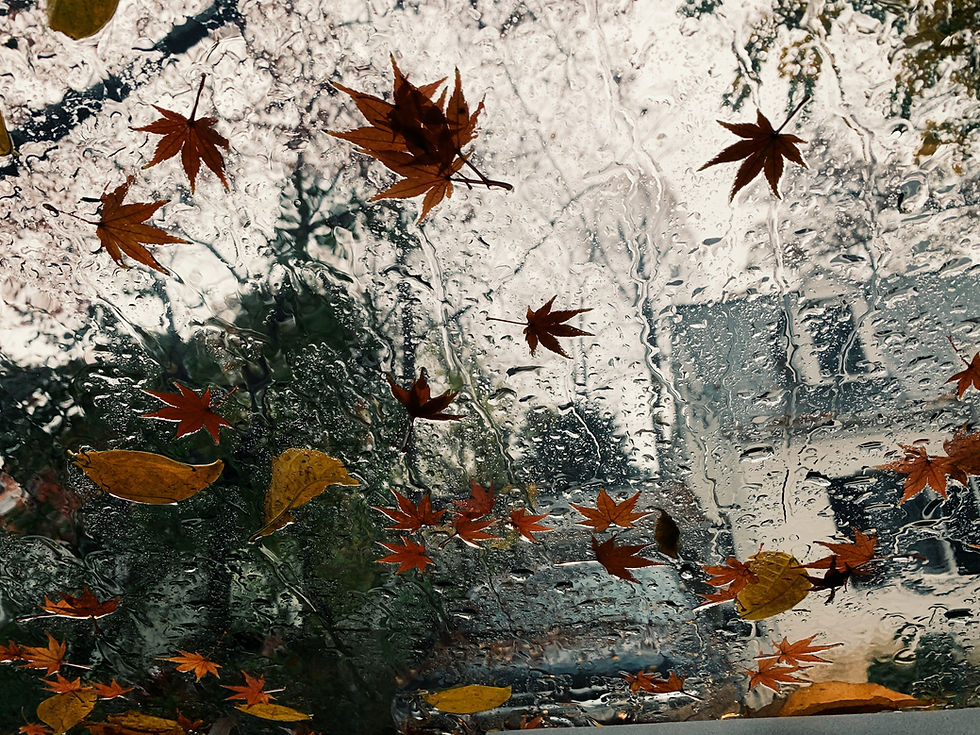People don't like to read- here's how to keep them interested
- jordansmoldenhauer
- Apr 13, 2021
- 3 min read
Updated: Aug 20, 2021
Judging books by covers is practical, if nothing else. In a world oversaturated with information, sometimes it's the easiest time saver.
But the judging doesn't end at the cover. Your readers are constantly asking "why should I keep reading?" It's your job to give them an answer.

Here is how to convince your reader to keep stay engaged, even when your chosen medium is words.
Reading is not for leisure anymore.
In undergrad as a literature major, part of my senior capstone class was learning about how little people actually like to read (ironically, while I was trying to earn my degree in creative writing).
We (as a society) don't like to read anymore. It isn't one of the things we usually have time for. We have the unattainable 40 hour work week, and the domestic tasks, the planning, and the leisure time. Not to mention the average 5.4 hours that Americans spend on their phone every day (common guys, lets do better.)
Believe it or not, for most of history, reading was a leisure thing. Most kids fall in love with it as a leisure thing. It truly does let your imagination run wild. I won't get into the nitty-gritty that most book lovers nerd out about, the intellectual experience of your mind-melding with someone else's, coming out of it, and reflecting, to literally change your brain.
I think it's fun. I really do. But when I want to relax, I, like much of the world, resort to other, more modern leisure activities.
Now, we have video content that allows your brain to turn off even more. It's a more passive activity, and after a busy week, it sounds extremely leisurely. With apps like TikTok, you are awarded repeated instant gratification for as long as you want to sit there. YouTube will send you down suggestion rabbit holes for days. And again, these aren't inherently bad things, it's relaxing and we all like to do it, even people who read.
I'll make the argument for why people should read another day, but for now, we have this: the average American watches three hours of TV per day, and reads one book per month.
Cut to the chase
The simplest answer to all of your problems is to keep your message as short as possible.
As a journalism student, too, you learn to put the most important information at the top of the post because most people won't read past two paragraphs. And if they do, they already have a good grasp on why the rest is going to be worth their time.
Visuals
In order to help your reader pay attention, your content needs to be visually appealing. Aesthetics, if you will. It needs to be clean, have negative space (remember art class?), and have no possible things to complain about it- it's always somehow the first thing people notice.
Some possible complaints:
don't like the color
hurts my eyes
font size/type/thickness
too dense (read: paragraphs are too long)
Paragraphs look daunting. Shorten them.
People LOVE listicles. It tells you everything you need to know with a funny picture and a sentence. Do not look down on this format, it can be dressed up and down.
What really matters?
But the most important part in all of this is: why do your readers care?
When I was 15 and started blogging for the first time, I used short, vague titles that I thought were clever, talked about my outfit and ranted about high school drama. The only people who ever read that blog were friends, family, and a few people in Sweden.
But people didn't read because they didn't care. And that's okay, I just wasn't able to demand their mental energy.
People will not read your content if they don't care. Period. So how do you make them?
Your title should give them a reason to care while still giving them a reason to click on it. "Here is something you should know" and then the post is "what you need to know."
Using other organization tactics like bullet lists, sub-headers and bolding can also help your readers scan through your work and let them find the pieces that will be valuable to them. Which is probably what they want anyways.
Most importantly, you need to get connected to the right audience. If you are a writer writing about writing, you better be writing to writers.
__________________
With these strategies, you'll help readers talk about the full argument you wrote instead of just the vague idea in your header.
Good luck, and reach out to me if you thought these tips were helpful/want more! I'm learning new stuff every day.







Comments